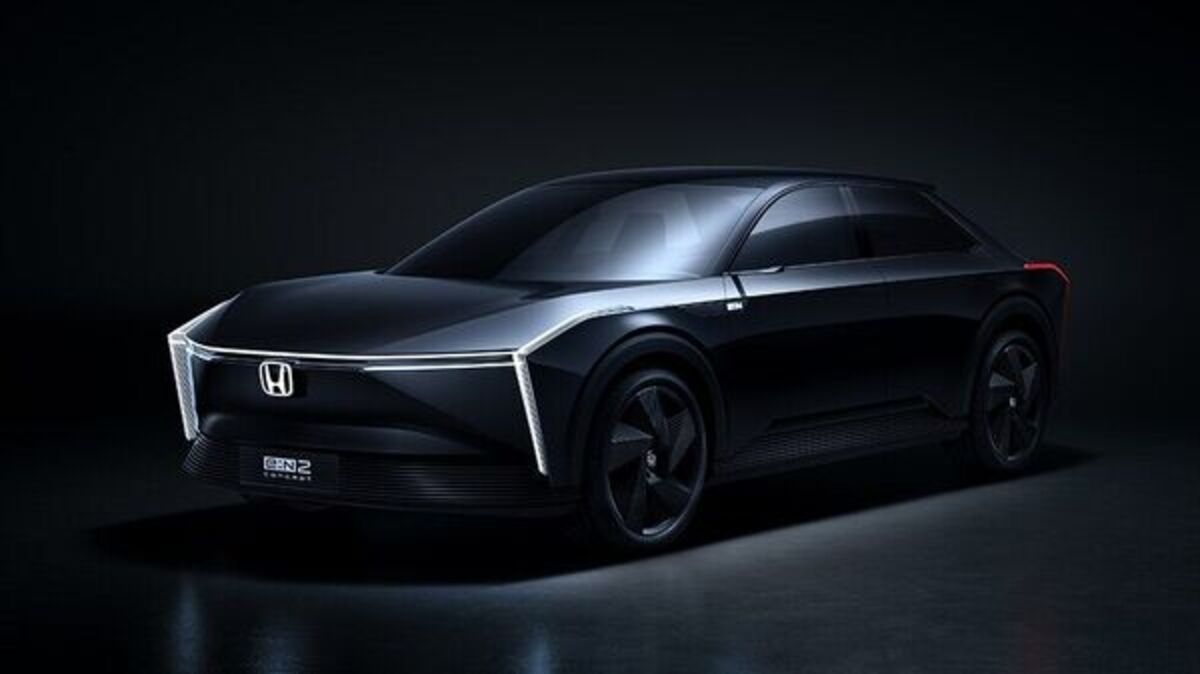More than $1 trillion is being invested by the automotive industry in a revolutionary switch from internal combustion engines to software-controlled electric cars. Automakers and government decision-makers have embraced the promise of every electric car to offer greener, safer transportation from Detroit to Shanghai.
European nations and California have established the cutoff date for the sale of new combustion-powered passenger vehicles. It is in the year 2035.
Now they all want to go electric
Tesla Inc.’s surge, however, has humbled established manufacturers like Toyota Motor Corp. and Volkswagen AG who were formerly hesitant to go electric to become the world’s most valuable automaker after reaching a $1 trillion value last year.
The world’s major markets will see a surge of new electric vehicles beginning in the next year, ranging from pickup trucks to middle-class SUVs and electric cars.
Industry leaders and forecasters disagree on how quickly electric vehicles might supplant conventional vehicles on even half of the world’s auto market.
How to push the middle class towards electric cars?
Battery electric vehicles have approximately 21% of the market share in China, the world’s largest automotive market. About 12% of all passenger vehicle sales in Europe are made up of electric vehicles. However, the market share of EVs in the US is only around 6%.
Industry executives and analysts listed a lack of public fast-charging infrastructure as one of the obstacles. They say it is an obstacle to electric car adoption. The other obstacle is the rising cost of EV batteries caused by a lack of crucial materials. And the important obstacle is uncertainty over government subsidies. That has boosted electric car purchases in important markets like the United States, China, and Europe.
According to a firm called AutoForecast Solutions, by 2029, electric vehicles may make up around 26% of all vehicles produced globally and a third of the North American market.
Recession may slow buying of new electric cars
According to AFS President Joe McCabe, sales of electric cars are unlikely to rise in a straight line. The adoption of EVs will be slowed if there is a recession next year, as many economists predict.
In 2027, expectations are for combustion vehicles to account for just under 80% of sales in North America. This is according to Wards Intelligence. Wards analyst Haig Stoddard stated at a recent conference that manufacturers anticipate high ICE (internal combustion engine) volume heading into the next decade based on automakers’ product plans.
Major automakers revealed new models of electric cars in 2022
To compete with Tesla and the upstarts, major automakers like Mercedes, Ford, and General Motors Co revealed hundreds of new electric cars throughout 2022.
Beginning in 2023 and 2024, probably the mass-production will happen for most of these vehicles.
According to McCabe, 74 different electric car models could be available in North America by 2025. However, he estimates that less than 20% of those models are likely to sell in quantities greater than 50,000 vehicles annually. There may be too many specialized models and excess capacity for automakers.
Slowing economies also threatened the overall demand for vehicles in China and Europe.
Electric car production driven by mass mobility
New vehicle businesses arose in the early years of the 20th century. Investors eager to ride the wave of mass mobility supported it. Henry Ford and other automotive innovators created that wave. The worldwide auto industry had consolidated by the 1950s, and renowned brands like Duesenberg were no longer in existence.
Suppose the new generation of electric car brands in the twenty-first century takes a similar course. Seemingly, but it will be clear in the following few years.

